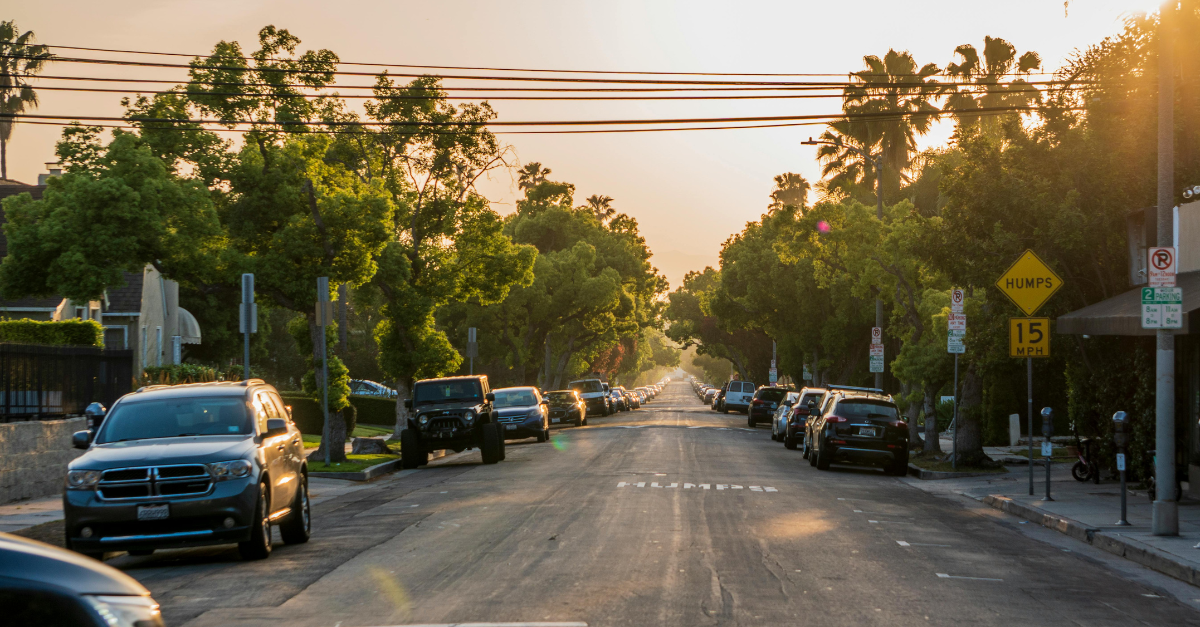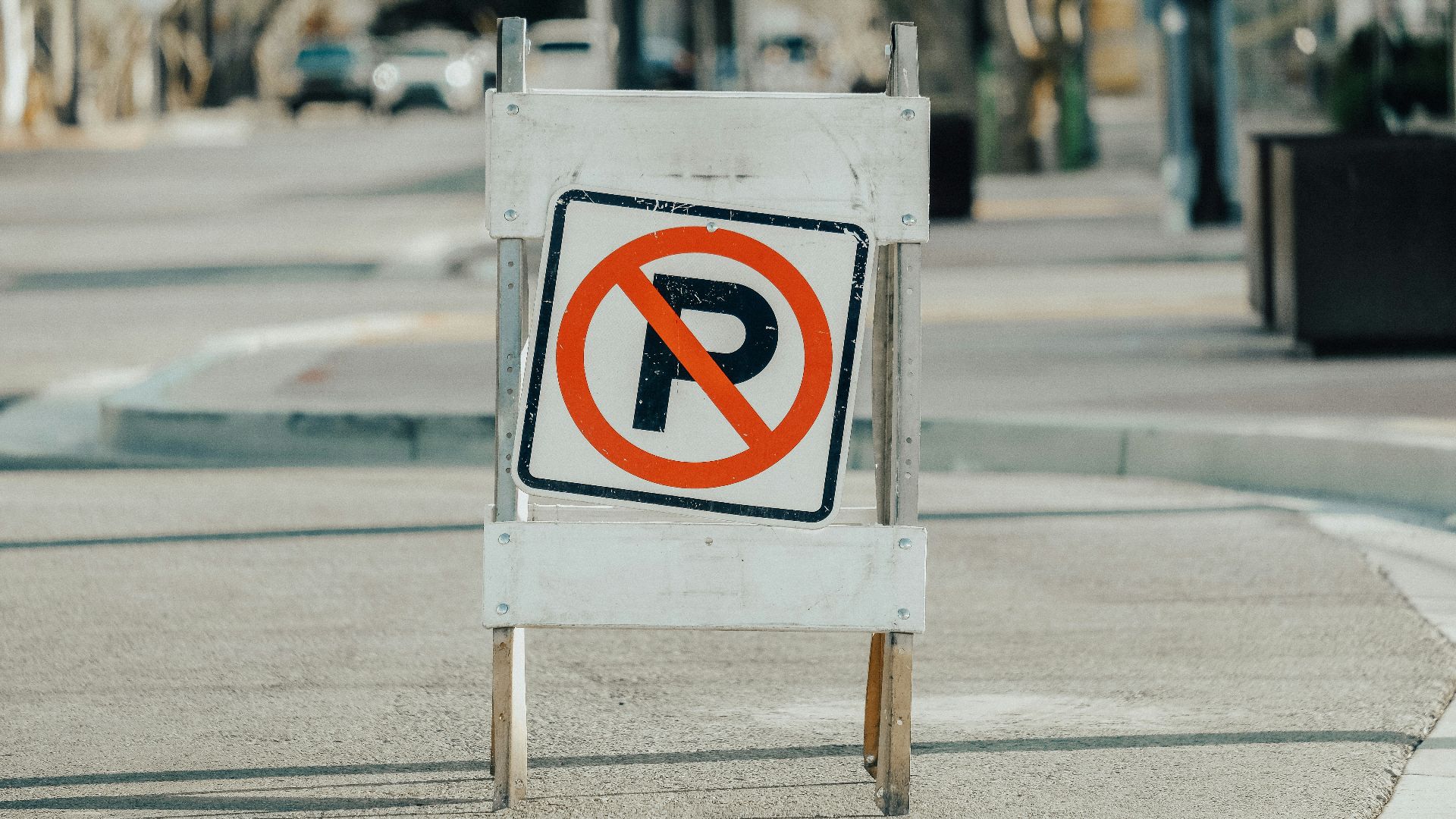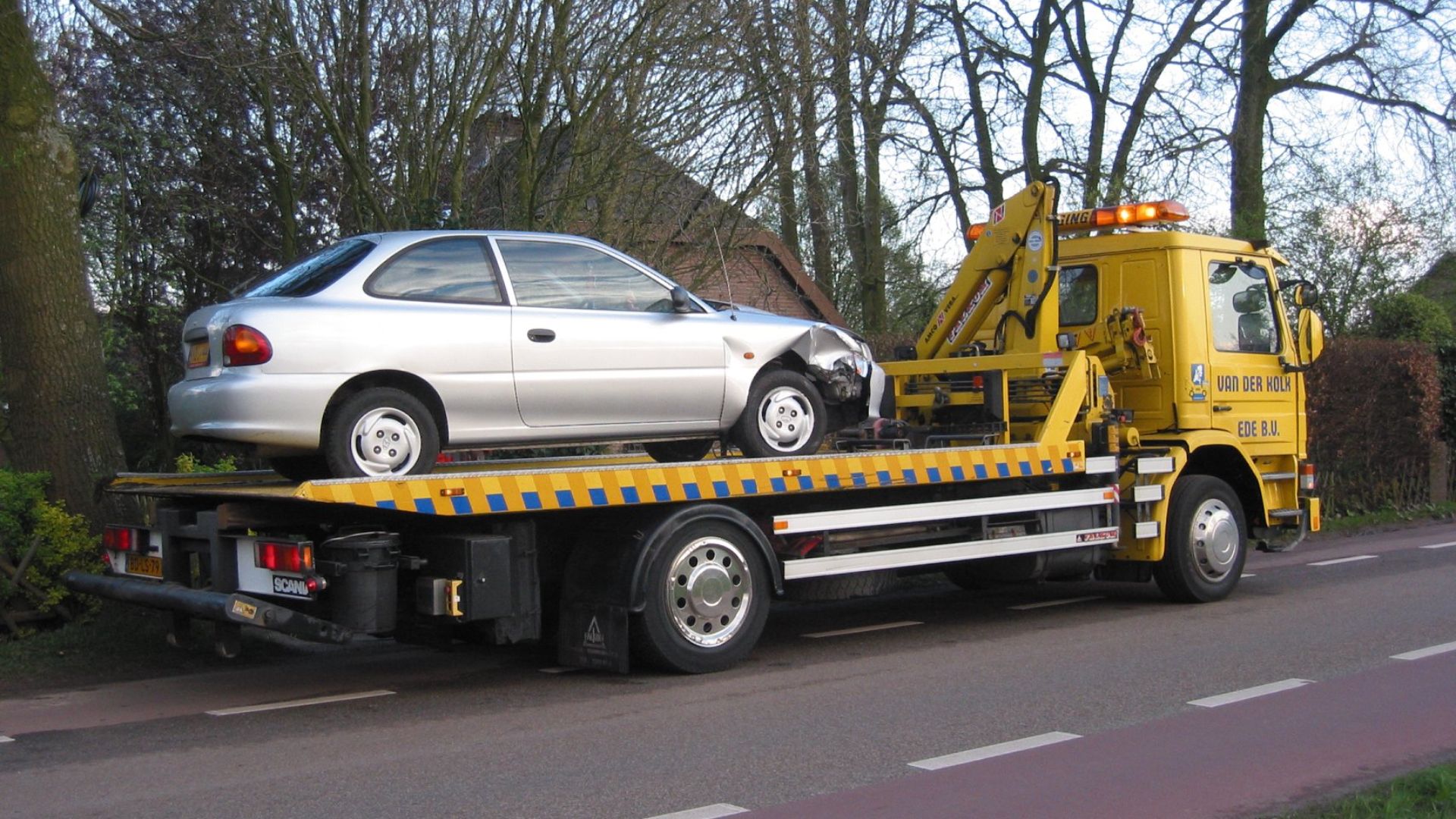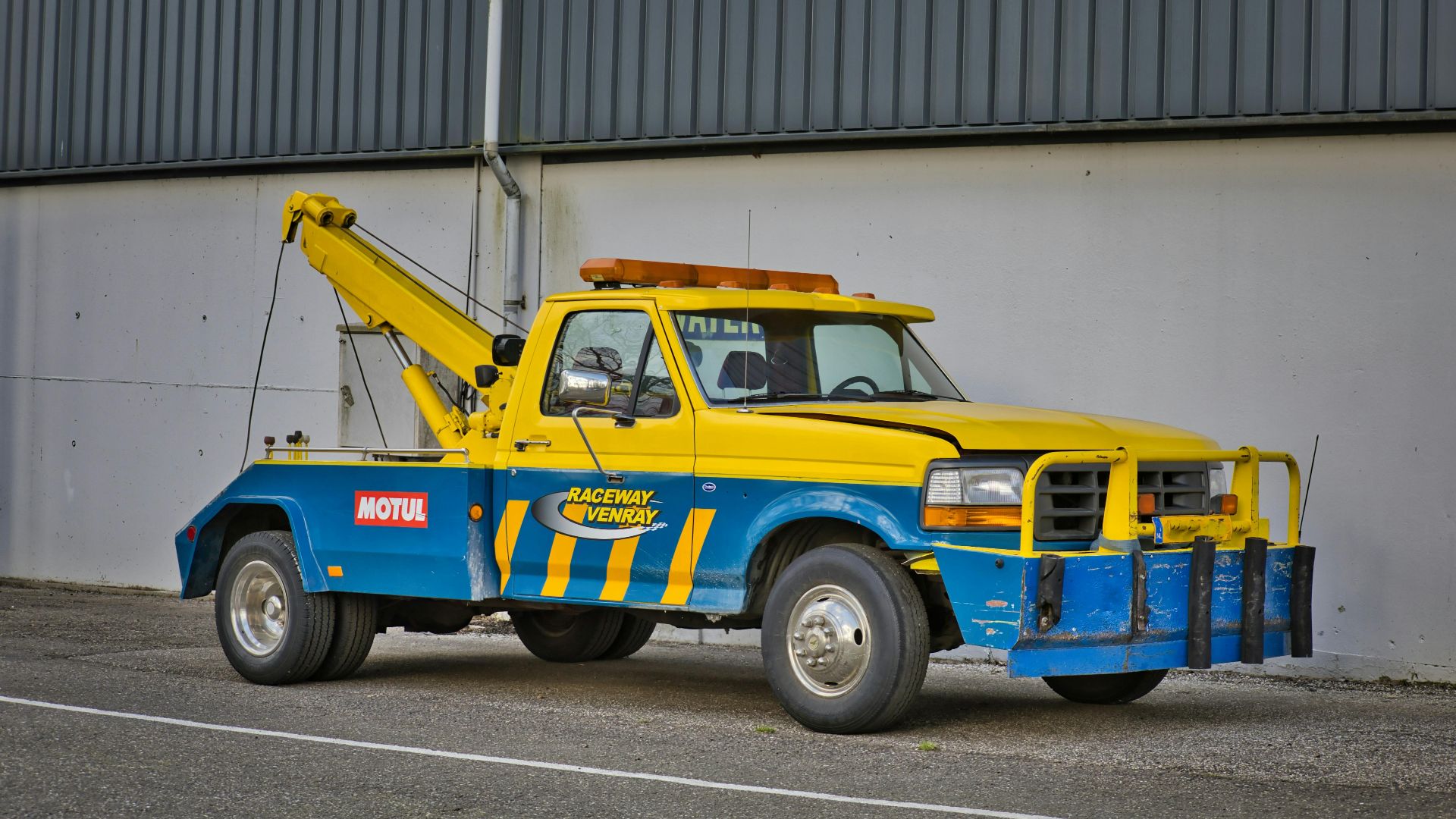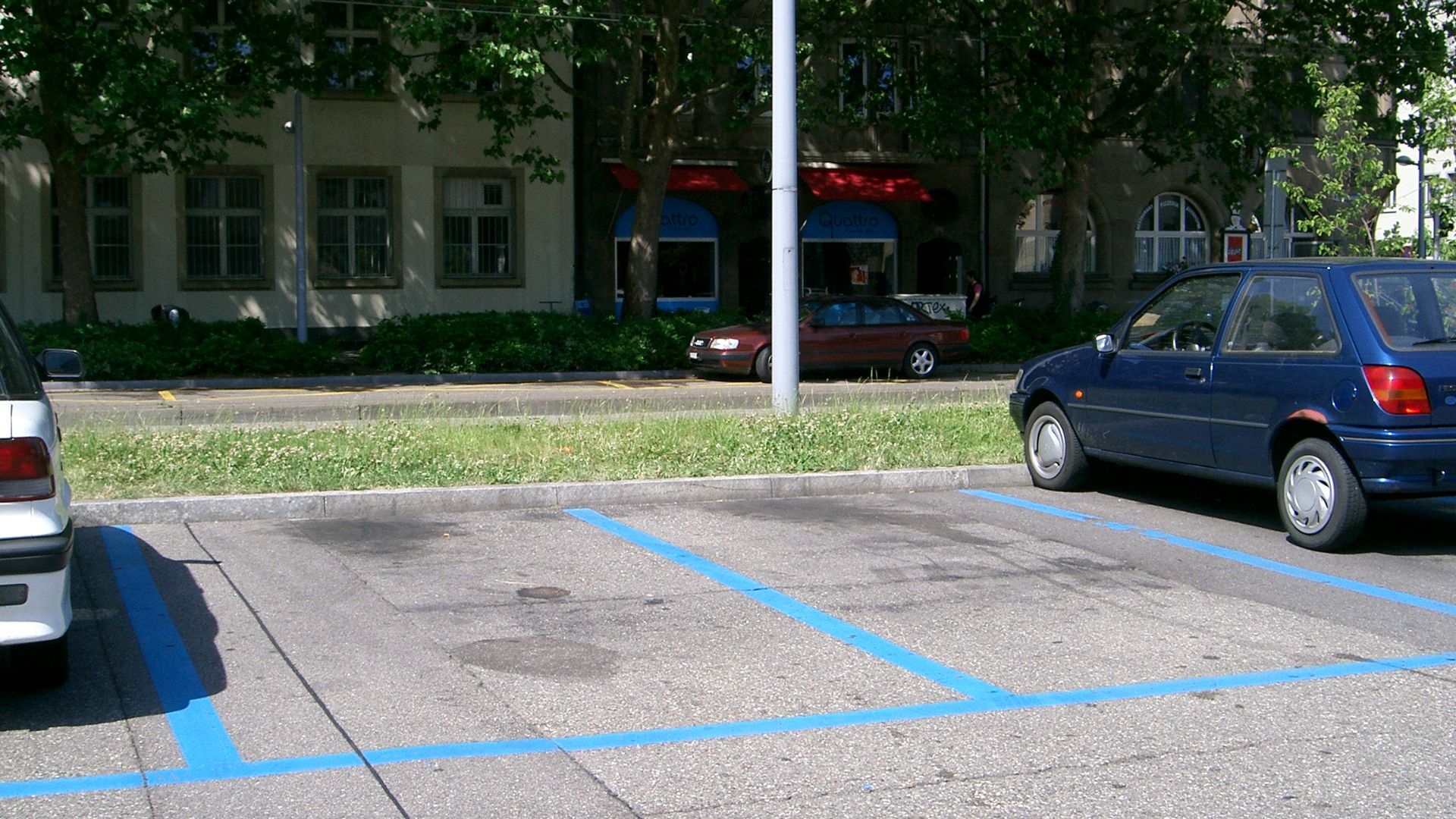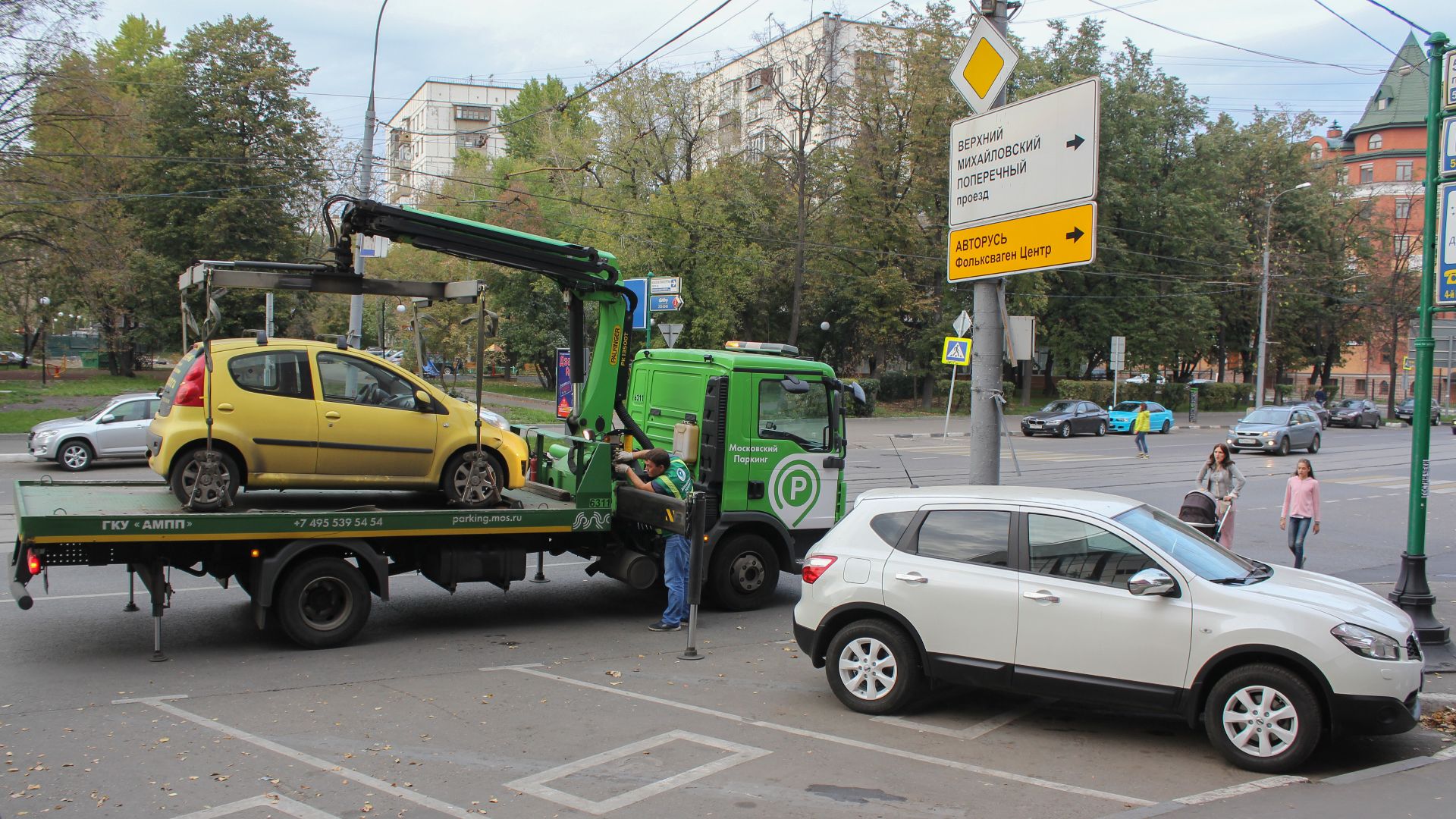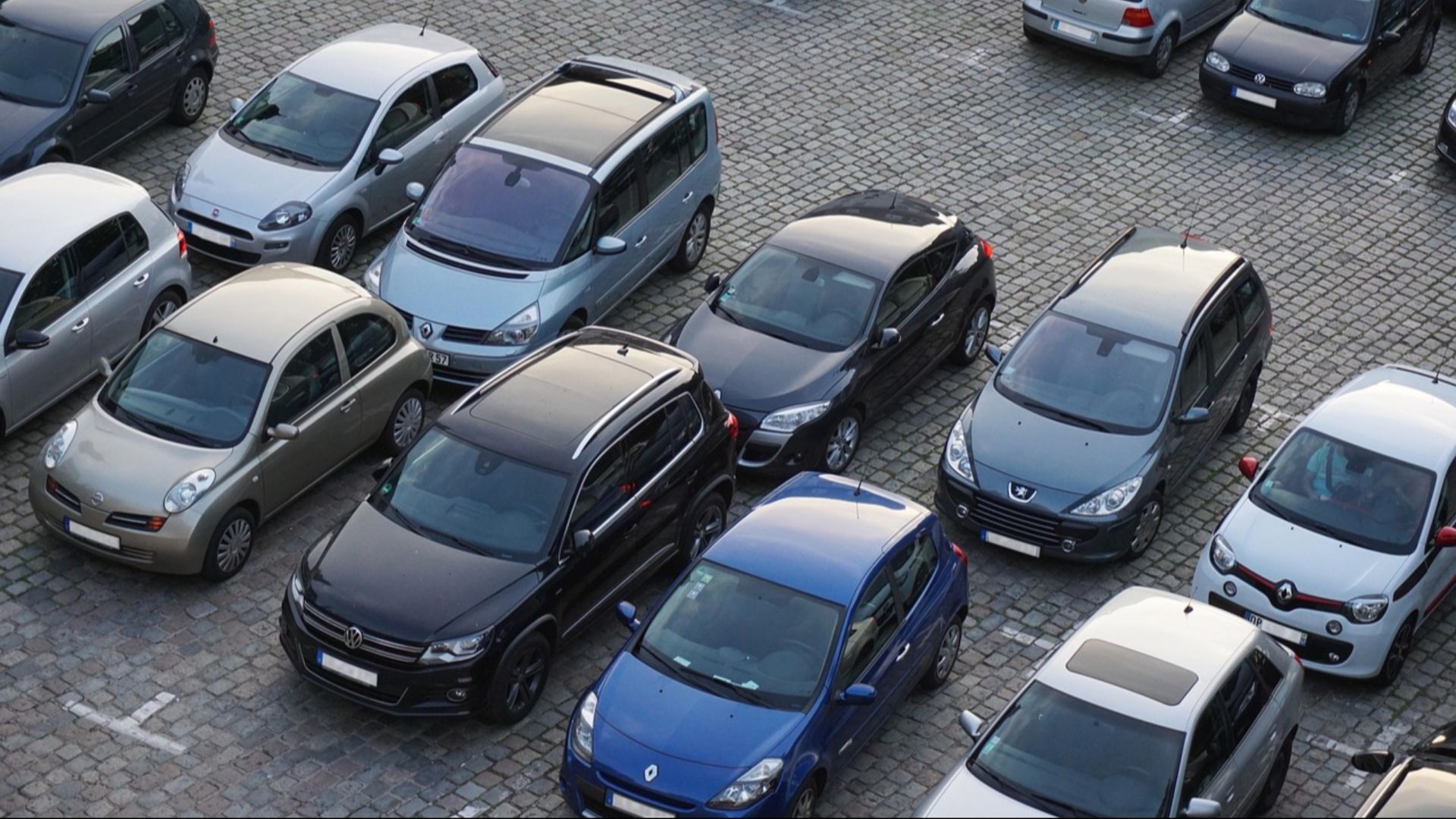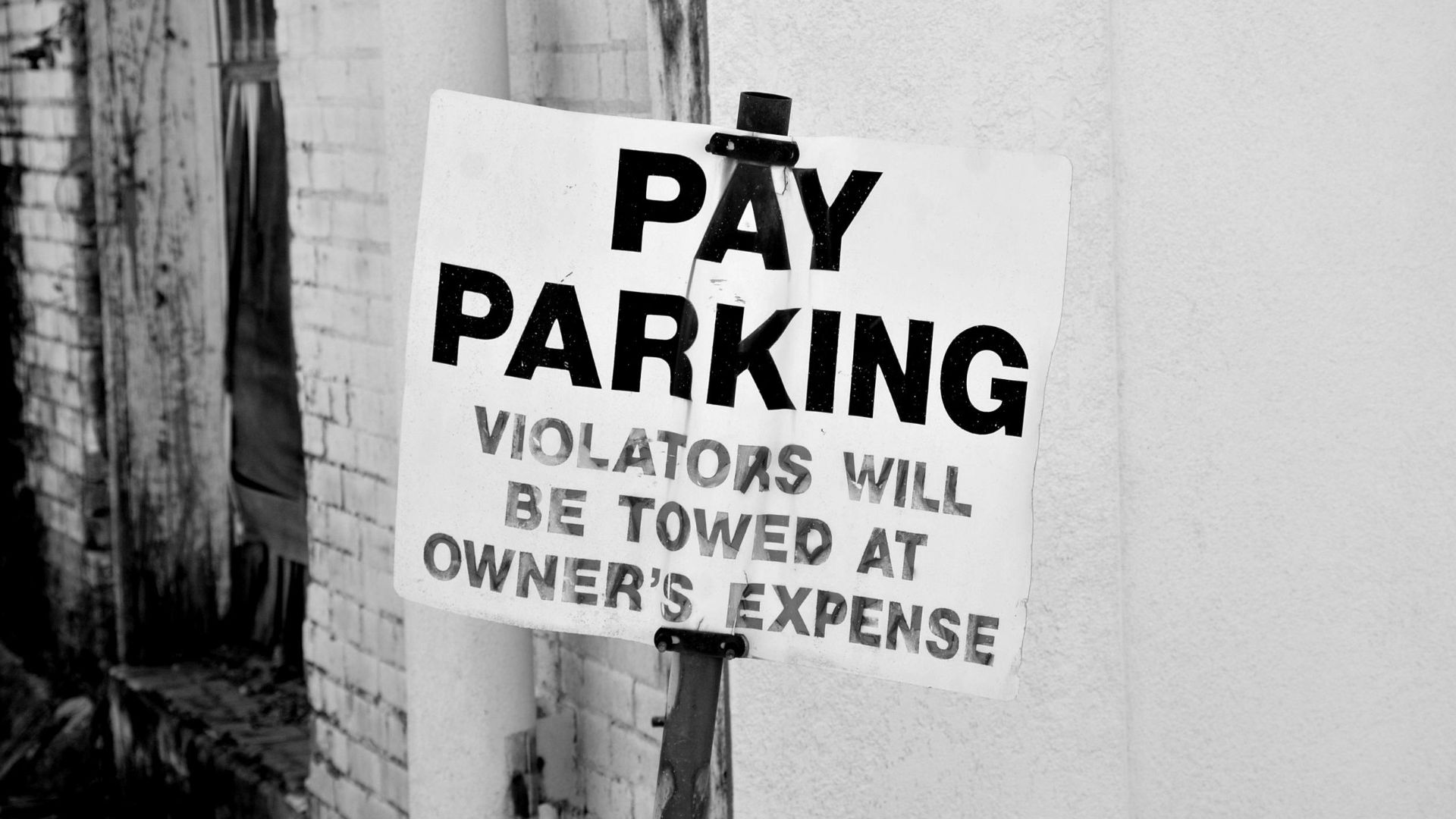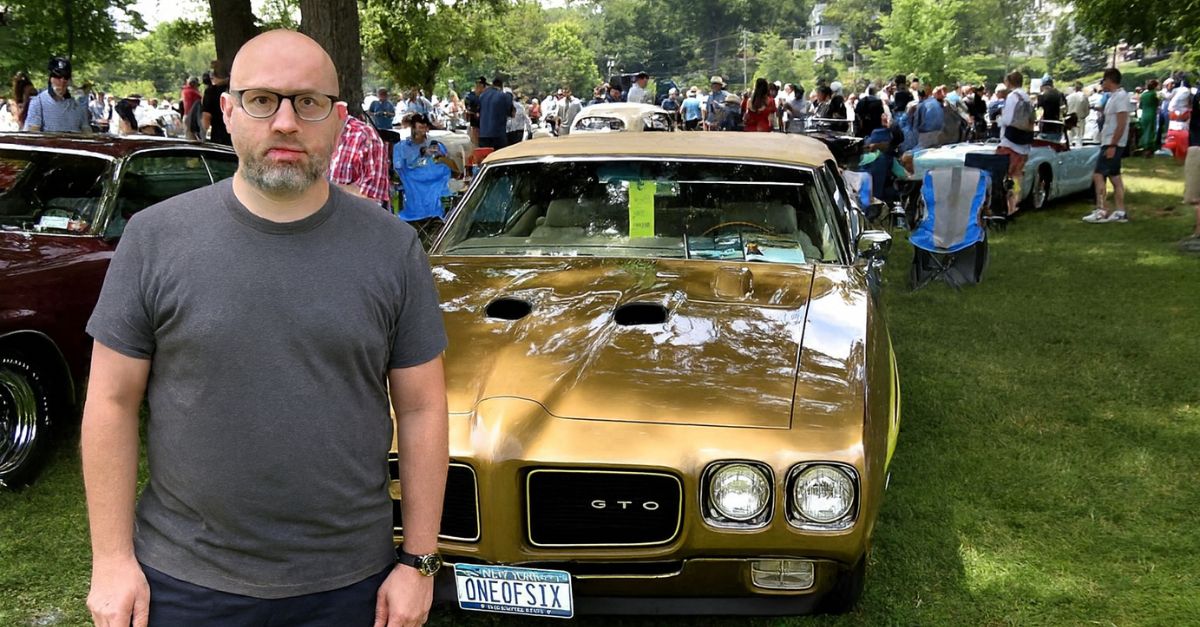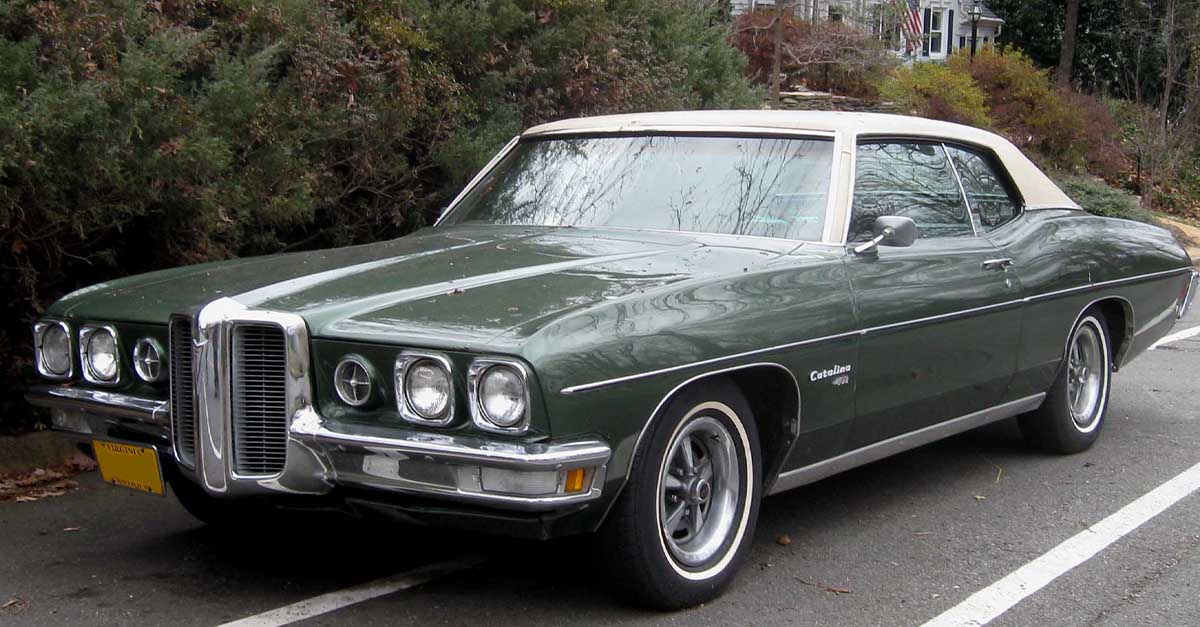The Great Parking Plot Twist
There you are, cruising home after a long day, humming to yourself and picturing that beautiful, empty rectangle of asphalt with your number on it. But when you pull up—bam. There’s your neighbor’s crossover sprawled in the exact space you’ve been looking forward to all afternoon. It feels personal, even when it’s probably not, and now you’re wondering if you can legally remove the offending vehicle. Here’s what you can actually do, what you definitely can’t do, and what will keep the peace without sacrificing your precious parking real estate.
 Understanding What “Your” Spot Means
Understanding What “Your” Spot Means
When your lease, HOA agreement or condo contract gives you an assigned parking spot, that’s not just a friendly suggestion. It’s part of the housing arrangement you’re paying for each month. That means your spot has legitimate, enforceable rules—rules your neighbor’s bumper is currently violating.
First Step: Check For Signage
Proper signage is the cornerstone of towing on private property. The lot usually needs clearly posted notices warning drivers that unauthorized vehicles can be removed. If the property isn’t displaying these signs, towing might not be legally supported no matter how annoying the situation is.
Speak To The Driver If You Can
A surprising number of parking disputes come from simple mistakes. Your neighbor may be new, confused about the numbering system or just parking on autopilot after a long day. A friendly chat or a note tucked under their wiper can clear things up before it turns into a full-blown parking feud.
Notify Your Property Manager Or Landlord
If the problem goes beyond a one-time mishap, looping in your property manager or landlord is the right move. They are the ones responsible for enforcing parking rules and handling repeat offenders. They can issue warnings, escalate action or authorize towing if it becomes necessary.
Check Local Bylaws & Private Lot Rules
Private property towing doesn’t work the same everywhere. Local bylaws may require specific signage language, notice periods or authorized tow-company partnerships. Without matching those rules, even a blatantly unauthorized car might be untouchable.
Is Towing The Right Move?
Towing might be the justice you crave, but it’s like using a flamethrower to kill a mosquito. It’s effective, sure, but it also escalates everything at warp speed. Most experts recommend using towing only after you’ve tried communication, documentation and official property management channels first.
Make Sure The Lot’s Towing Company Is Authorized
Not just any tow truck can roll in and whisk away a car from private property. The lot usually needs a written contract with a towing company that has permission to operate there. Without that agreement, the tow truck could get in trouble and the car owner could come after the property for damages.
Document It
This is where your phone becomes your best friend. Snap a clear photo of the car in your space, take down the plate number and note the date and time. If the issue keeps happening, this record becomes crucial evidence for property management or HOA enforcement later.
Send A Formal Notice
Sometimes people take written warnings more seriously than casual comments. A short letter or email stating that your space is assigned to you and must remain available can set a more official tone. It also shows property management that you’ve attempted peaceful steps before requesting stronger action.
Use Visitor Parking If Available
Visitor parking exists for a reason, and it’s usually where the neighbor’s car should be. If your property has marked visitor spots and your neighbor continues to use your assigned one instead, you have even more support when you press the issue. It leaves very little room for excuses or confusion.
Avoid Confrontation
Nothing ruins apartment-hallway vibes faster than a shouting match over parking. Keeping things civil is not only smart—it protects you from escalating a situation that should be resolved via official routes. When in doubt, breathe, step back and let management do their job.
Notify The Tow Company With Clear Info
If towing becomes unavoidable, it’s important to give the tow company accurate details. You’ll need to verify your assigned space, provide the unauthorized vehicle’s information and confirm that towing is permitted by the property. Mistakes here can cause major headaches for both you and the tow company.
After The Car Is Towed
Towing tends to end the nonsense quickly. Once the vehicle is removed, the owner typically has to pay towing and storage fees to retrieve it, which is an excellent deterrent for future bad parking decisions. After one expensive rescue mission, most neighbors learn their lesson.
Check If You Can Charge Back Costs
Some leases and HOA agreements include clauses allowing the violator to be billed for towing or administrative fees. This isn’t universal, so it’s worth checking your paperwork. If it’s allowed, towing becomes not just punitive but financially strategic.
When It’s A Public Street-Oriented Issue
Here’s where things shift. If your “spot” is actually a public street—like that perfect curb space you unofficially claimed years ago—it’s not legally yours. You can’t tow someone from a public street just because they parked where you like to park.
Repeat Offenders? Track The Pattern
If your neighbor makes a habit of occupying your spot, tracking each incident helps build an airtight case. Write down dates, times and even the duration of each unauthorized stay. Patterns matter when you’re asking for stronger action.
What If They’re Blocking You (Not Just Using Your Spot)?
If the car is blocking your vehicle or preventing access to your space, that’s a more serious problem. In some areas, blocking access triggers faster enforcement and can even be grounds for immediate removal. This is different from simply occupying your designated spot.
Confirm Your Lease Does Grant You Exclusive Use
Sometimes tenants assume a spot is theirs when really it’s shared or unassigned. Before you escalate anything, double-check that your parking space is indeed exclusively yours. Misunderstandings happen more often than you’d think.
Consider Mediation Or HOA Intervention
Parking can get surprisingly emotional. If tensions rise, a landlord or HOA representative can step in to mediate and clarify rules. This helps keep the peace while also reinforcing parking expectations for everyone involved.
Use Clear Signage To Prevent Future Infractions
Signage is one of the biggest indicators of whether towing is allowed. If your lot lacks proper signs or they’re unclear, ask your management or HOA to update them. Clear signage doesn’t just help you—it protects the property legally and prevents future “I didn’t know” excuses.
Final Word: Yes You Can—But Only Under The Right Conditions
You can have a neighbor’s car towed, but it’s not an open-and-shut case. The space must be officially assigned to you, towing must be legally supported on the property and you need the proper authorization from management. Take the right steps, stay calm and let the system—not your fury—handle the situation.
 L.P. Dzhepko, Wikimedia Commons
L.P. Dzhepko, Wikimedia Commons
You May Also Like:
My catalytic converter got stolen and my insurance says it’s not covered. What now?
The Best Quick Guide To Buying Tires
If You Were A 70s Teen, These Cars Definitely Appeared In Your Dreams
Source: 1

